Substance addiction is a complex issue that people often wonder about. Some think it's a medical problem, some say it's a personal weakness, and others believe it's a mix of both. Experts, decision-makers, and those dealing with addiction and their loved ones often ponder over these same questions. This blog aims to provide clarity on these issues and provide some perspectives that can help us grasp addiction better. It suggests that a balanced view that considers both medical and personal aspects could be more helpful in tackling addiction.
Is Addiction a Disease or a Moral Failing?
Let's look at Sameer, a college student from Mumbai who started using drugs with friends for fun. Over time, it turned into a serious addiction. His family was torn between being mad and sad. They wondered, "Why can't he just stop? Is he choosing this, or is something wrong in his head?"
Sameer's family faced a common issue: Is addiction a disease of the brain, or a lack of willpower?
Many in the medical field believe that addiction is a disease—it changes how the brain works, making it tough for people like Sameer to quit even if they want to badly. The National Institute on Drug Abuse (NIDA) defines addiction as a long-lasting brain disease, pointing out how substances mess with the brain's reward system, self-control, and decision-making.
Addiction is Seen As a Sickness
Affects Your Brain Chemistry: When you use drugs or alcohol, they mess with how your brain works, taking over its pleasure system. People like Sameer get stuck in a loop where their brain keeps wanting more of the substance, even if they really want to stop. It’s not just about not having enough willpower, it becomes a strong physical need that's hard to manage. A strong biological urge that's tough to manage.
Provides a Way to Get Help: Thinking of addiction as a brain disease takes away the shame and makes it easier to get medical help. People dealing with addiction can get treatments like using medication to help balance their brain chemicals and lessen withdrawal symptoms. This approach gives hope to people, by showing that they aren't bad people but are dealing with a health issue that can be managed with the right help.
Changing How We See Addiction: Instead of blaming and asking why they can't just quit, the medical approach helps families and friends see that addiction is not just a choice. It's like how we wouldn't blame someone for getting diabetes - we shouldn't blame people for struggling with substance use. This new way of thinking can create more understanding and caring spaces that support recovery.
But if addiction is just a brain disease, then how do we explain the choices people make? For example, some, like Sameer, choose to try drugs despite knowing the risks. And lots of folks can break free from addiction on their own, which brings up the idea of personal accountability. This conflict has caused some to see addiction as a moral problem, where individuals are held responsible for their choices and have to deal with the outcomes.
Many people believe that addiction is caused by making bad choices or being weak, and this belief is widely held in society.
When People Think Addiction Is a Moral Problem?
Stigma and Shame: If someone’s addiction is seen as their fault, they might feel really embarrassed and bad about it. Loved ones might wonder, "Why can't they just quit?" This can make the person struggling with addiction feel guilty, lonely, and pushed away, which can make them turn even more to their addictive habits instead of getting help.
Why Blaming People for Their Addiction Makes It Harder for Them to Get Better
When someone is dealing with addiction, they already feel bad about themselves. If others blame them for their situation, it can make them not want to get help because they're scared of being criticized. Imagine if Sameer's family and friends constantly told him it was all his fault he was addicted. He might start to believe them and think he doesn't deserve help. This can make him pull away from getting better even more.
Ignoring How Addiction Works: Some people think addiction is just about making bad choices, but they don't see the whole picture. Addiction is influenced by biology, psychology, and environment. Just blaming someone like Sameer for their struggles doesn't take into account all the different factors that could have played a role.
Taking personal responsibility is key, but shaming people for their addictions just makes things worse. It makes them feel bad about themselves and keeps them stuck in harmful patterns.
Finding a Balance: Addiction as a Choice Issue
Instead of just seeing addiction as a medical problem or something someone is to blame for, there's a new way of thinking that’s becoming popular—it combines both viewpoints. Think of addiction as more about choices. Even though the brain is impacted by using substances, individuals still have some say in what they do. This idea says that addiction is a mix of biology, psychology, and decisions people make.
Let’s talk about Priya, a 35-year-old lady from Delhi. Priya went through a difficult divorce which left her feeling lonely and depressed. To deal with these emotions, she started drinking alcohol more often. As time passed, her drinking habits got worse, and she became addicted to alcohol without even realizing it. While her family thought she just needed to toughen up, the truth was that Priya’s brain had changed because of her regular drinking. This made it increasingly tough for her to quit, despite her desire to do so.
In this model, Priya’s actions are seen as a mix of her decisions and how addiction has affected her brain. She’s not innocent, but she’s not entirely to blame either. This viewpoint can help us see why some people go back to using drugs, even after being clean for a while, and why kicking the habit isn't always a simple matter of being strong-willed. It also recognizes that addiction doesn’t happen overnight; it's a gradual process shaped by our actions, decisions, and how our brains react to substances.
How Finding a Balance Can Help with Addiction Treatment
Looking at addiction as a choice problem can change how we help those struggling with it. Recognizing the importance of both brain function and personal decisions can make treatment more effective and caring. For example, let's think about Sameer. If we only see addiction as a medical issue, Sameer might only receive medication to change how his brain works. While medication is helpful, it's not the only solution to his recovery.
If we think that addiction is just a decision someone makes, then Sameer could be judged without compassion and be told to just quit or deal with the results. This way of thinking can be unkind and might stop people from asking for support.
The middle-ground approach to treatment combines medical help with taking responsibility for one's own actions. For example, Sameer could get medication to control his cravings, but he would also talk to a therapist to figure out why he started using drugs. It could be because of something like past trauma or feeling overwhelmed by school stress. By looking at both the physical and personal reasons for drug use, the treatment can work better and address the whole person.
Amit's Story: Finding a Middle Ground in Real Life
Take Amit, for example. He's in his early forties and hurt his back, leading to a prescription painkiller addiction. At first, his doctor gave him medicine to help with the pain. But Amit ended up taking more pills than he should. He even went to different doctors to get more prescriptions, all while keeping his actions a secret from his family.
According to the brain disease model, Amit's actions could be seen as a result of his brain being addicted to drugs. But if we just look at it from a moral perspective, Amit would be seen as responsible for making poor choices and not having self-control.
The disorder-of-choice model gives a fair explanation. Amit got hooked on painkillers, so his brain needed them to function normally. But he also kept choosing to take them, which made things worse. In treatment, Amit would have to accept that he played a part in his addiction and work on getting better. He might slowly cut down on the medication, while also talking to a counselor to find healthier ways to deal with his pain and feelings.
Combining medical, mental, and behavioral methods gives a better way to heal that is caring and works well.
Now Let's Talk About Second Side
Can we blame people with drug or alcohol problems for what they do, and how much can we blame them?
In simpler terms, the answer is not black and white. Addiction can make it hard for a person to think clearly and make good decisions, but it doesn't mean they have no control at all. For example, let's talk about Rohit. When he was in college, he started drinking a lot. He understood that drinking too much was bad for him, but he continued because his friends encouraged him and it helped him forget his worries about the future.
As Rohit got more and more addicted, it became harder for him to quit. But that doesn't mean he's not in control at all. The middle-ground model says that even though his addiction has messed up his brain, he still can decide to seek support and change. He should focus on the present and the choice to move towards getting better, rather than dwell on his past decisions made while under addiction's influence.
Balanced approach means making people take responsibility without being too harsh on them. For instance, in a caring setting, Rohit would be helped to think about his actions, try to fix any harm caused, and promise to stay sober. This way of owning up to mistakes can make someone feel strong instead of embarrassed, especially when they are also getting the right medical and mental health help.
Moving forward: Balancing Kindness and Responsibility
A middle-ground approach to addiction can help us find common ground between two very different views. It helps us understand that addiction is a mix of how our brains work, our actions, and the choices we make. When we understand this, we can develop treatment methods that work better and show more care.
For families like Sameer's and Priya's, this way of thinking gives them hope. Instead of feeling stuck choosing between blaming their family members or feeling like they can't do anything to help, they can find reassurance in knowing that addiction can be treated and controlled. They can help their loved ones take charge of their actions and recognize that getting better takes time, medical assistance, and emotional care.
In summary, when we view addiction as a problem that affects a person's choices, it helps them feel more in charge of their own healing journey without overwhelming them with guilt. By offering them medical help, therapy, and support from loved ones, we increase their chances of successfully rebuilding their lives.
Addiction is not just a moral failure or a disease you can't control. It's a tough human battle that needs empathy, understanding, and a way to get better.
TAGS: what is drug addiction?, Is addiction a medical condition?, Is addiction a weakness?, What is the medical model of addiction?, Is Addiction a Choice?, Balanced Treatment for Addiction
Disclaimer:
All characters and events depicted in this blog are entirely fictional. Any resemblance to actual persons, living or dead, is purely coincidental. The content is intended for informational purposes only and should not be considered as medical advice. Always consult a qualified healthcare professional for medical concerns.
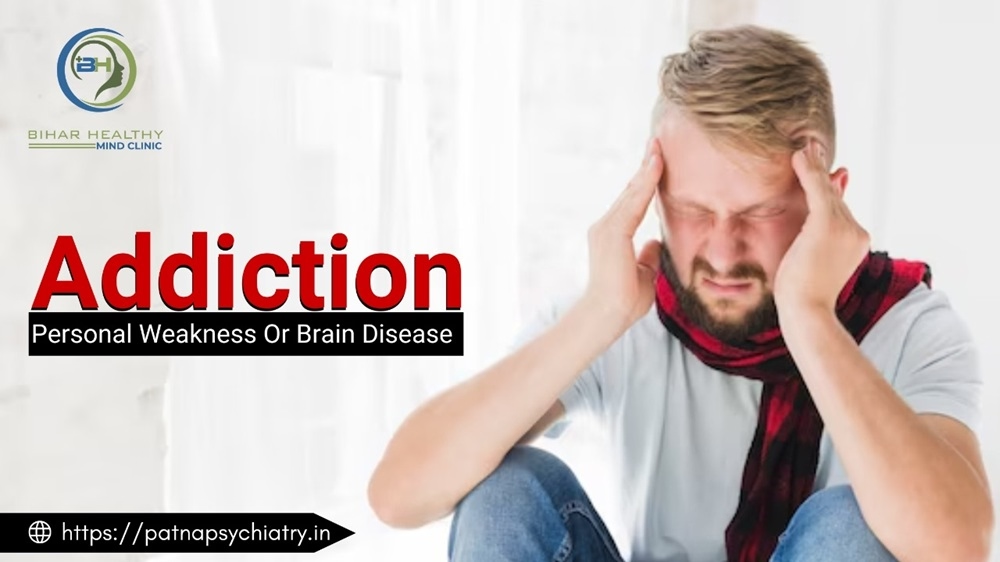

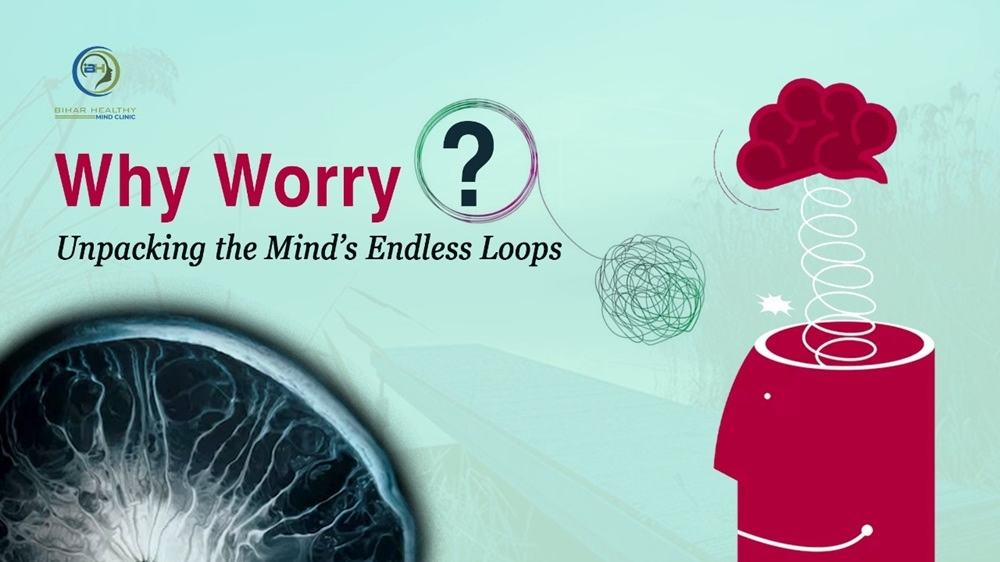
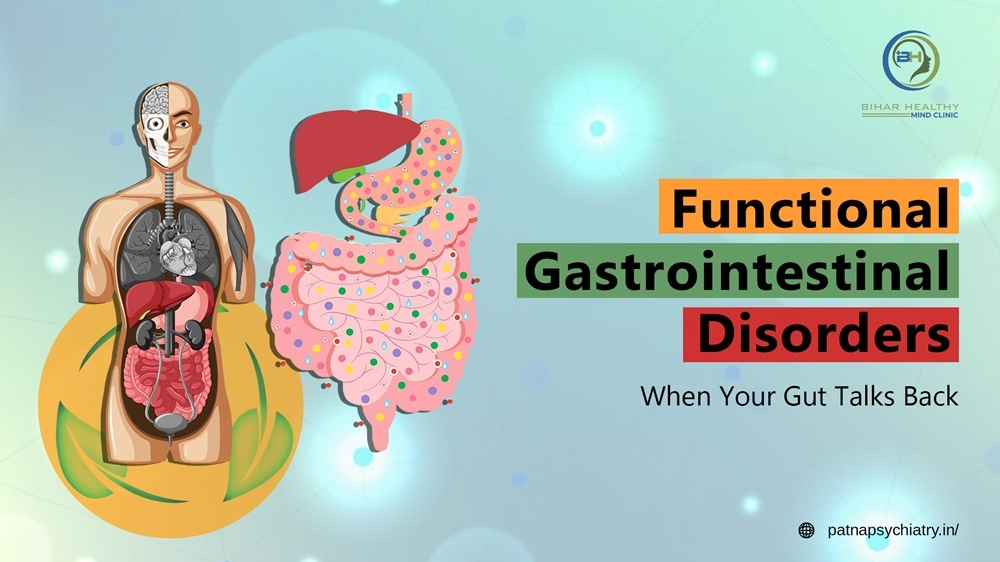
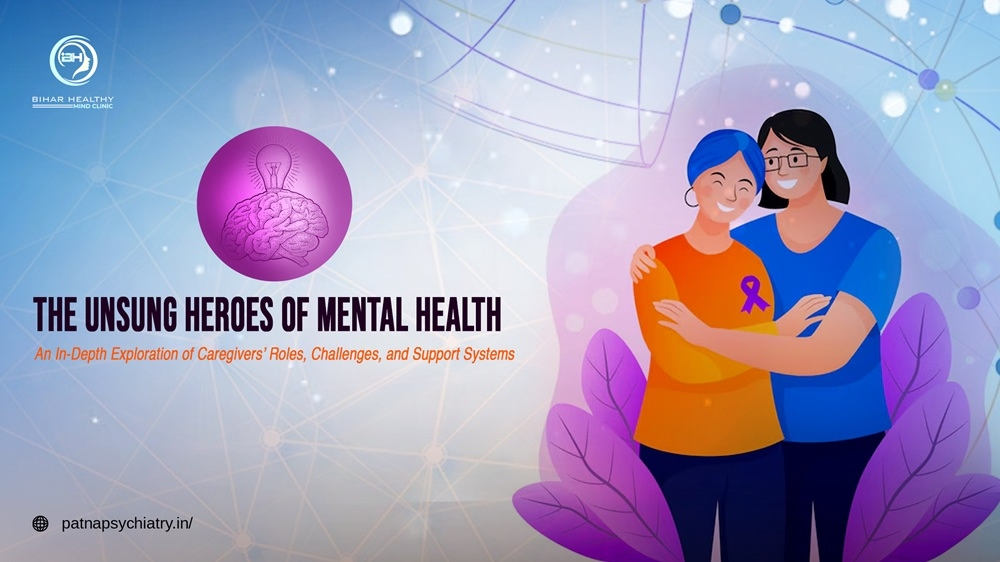
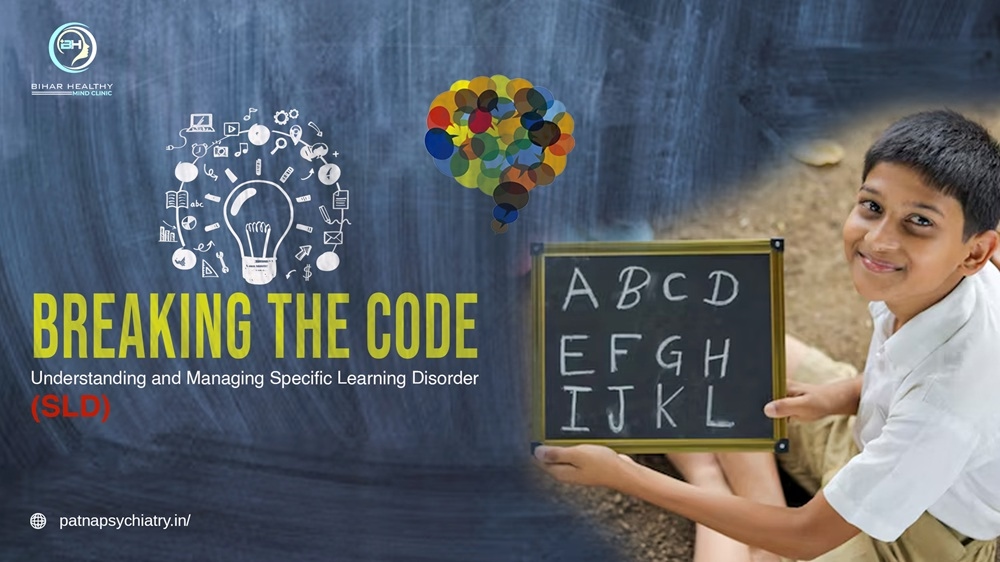
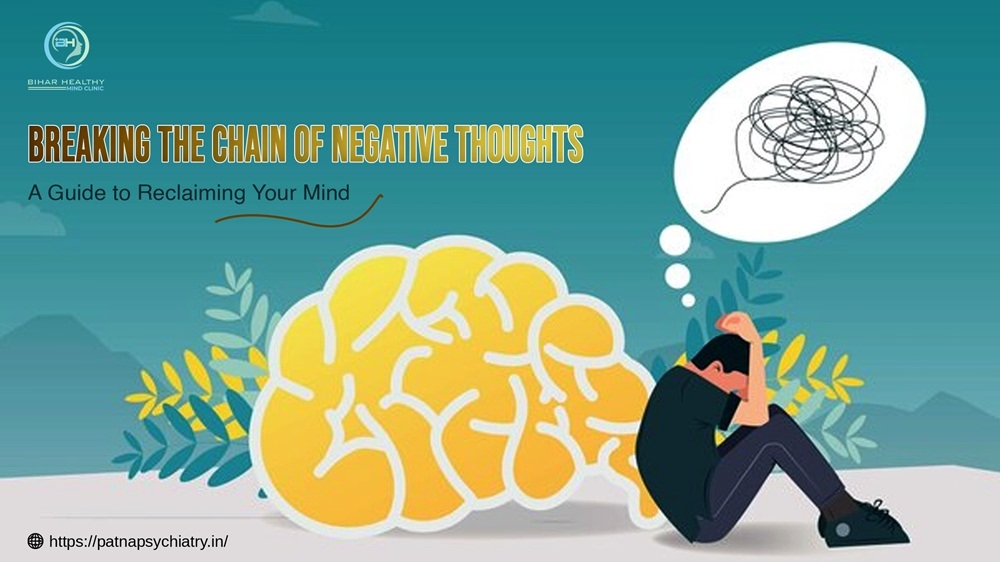
No comments yet. Be the first to comment!